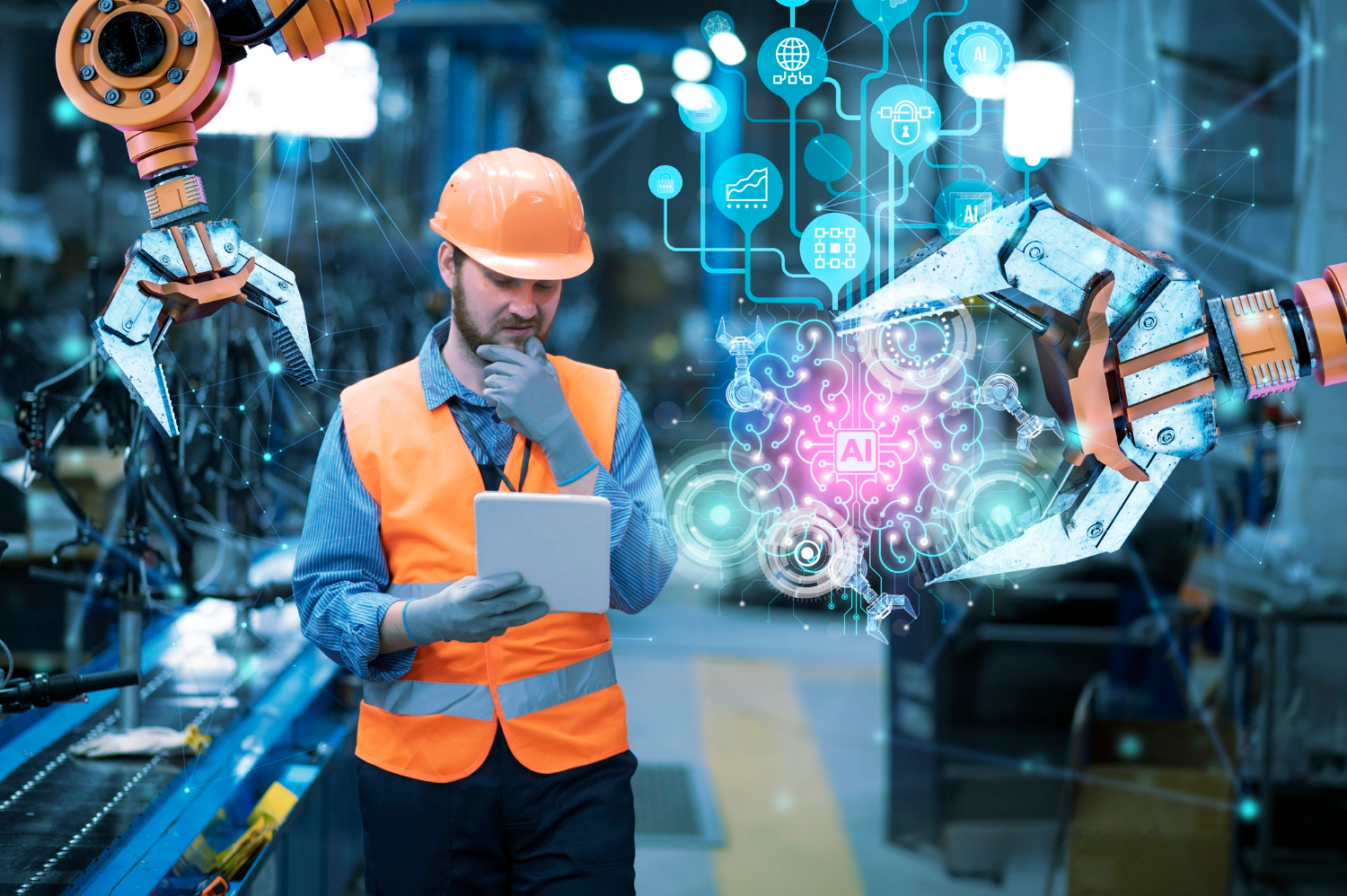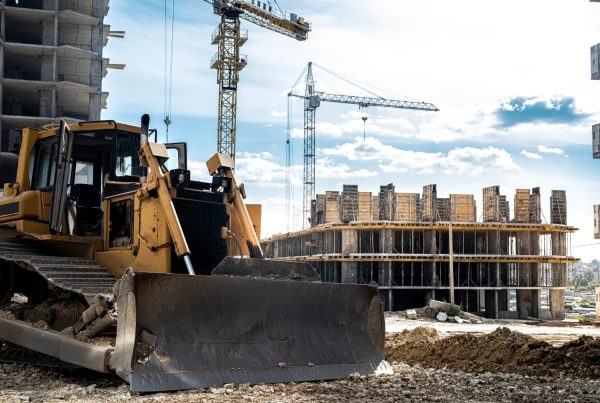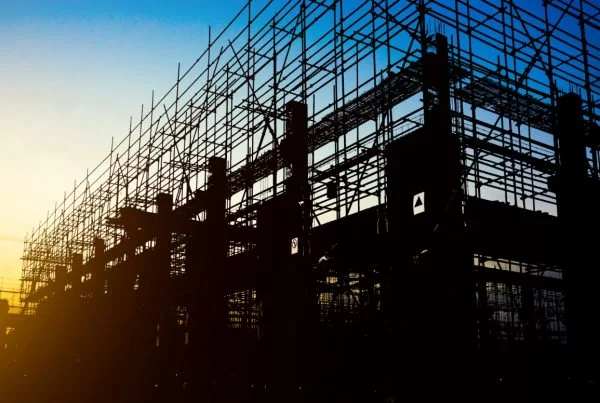
In the intricate dance of construction, where materials are the building blocks of progress, Artificial Intelligence (AI) has emerged as a transformative partner, optimising materials ordering, inventory management, and supply chain logistics.
AI-driven systems bring precision to materials ordering, a pivotal step in any construction project. By analysing historical data, project requirements, and market trends, AI algorithms determine the exact quantities of materials needed. This eliminates overordering, reducing excess inventory and associated costs. Moreover, AI can dynamically adjust orders in real-time, ensuring that construction sites receive materials precisely when required.
Inventory management is a balancing act between having enough materials to keep projects on track and avoiding excess stock that ties up capital. AI reimagines this process by continuously monitoring inventory levels, consumption rates, and project progress. When thresholds are crossed, AI triggers reorder points, prompting the procurement of materials in a just-in-time fashion. This prevents costly stockouts and excess inventory, optimising capital allocation.
Streamlined Supply Chain Logistics
Supply chain logistics in construction can be complex, involving multiple suppliers, transporters, and delivery schedules. AI orchestrates this complexity by analysing supply chain data, including traffic conditions, lead times, and supplier performance. This information allows AI systems to optimise delivery routes, reduce transit times, and ensure that materials arrive at the construction site when needed. The result is not only cost savings but also enhanced project efficiency.
AI’s role in managing materials and supply chains is still growing. As machine learning algorithms evolve, they will grow increasingly adept at forecasting material requirements, accounting for weather disruptions, project delays, and unforeseen circumstances. Moreover, AI’s capabilities will extend to real-time tracking of materials in transit, providing construction teams with precise visibility into the supply chain’s intricate movements.
Delve into the hurdles and future possibilities of using AI in construction in the FINAL part of our “AI in Construction” series.
Article 1: AI for Equipment and Fleet Management: Pioneering Efficiency and Rise of Autonomous Machinery
Article 2: AI and Sustainable Construction: Building a Greener Tomorrow
Article 3: Usage of AI in BIM and 3D Modeling: Revolutionising Design and Visualisation
Article 5: Challenges and Future Trends in AI Adoption














